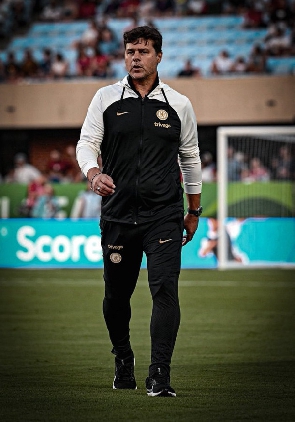Pochettino’s Impact on Tottenham Hotspur

Introduction
As Tottenham Hotspur navigates the challenges of modern football, the legacy of manager Mauricio Pochettino remains a critical topic to explore. His innovative tactics and emphasis on youth development led Spurs to new heights during his time at the club from 2014 to 2019, leaving an indelible mark that continues to influence the team’s direction today. Most recently, with Pochettino returning to the Premier League with Chelsea, many fans and analysts are drawing comparisons between his past successes at Tottenham and his current role.
Key Achievements Under Pochettino
Pochettino transformed Tottenham into a formidable force in the Premier League. Under his leadership, the club achieved a historic run to the UEFA Champions League final in 2019, marking the first time in the club’s history it reached such a prestigious stage. During his tenure, Tottenham finished as high as second in the Premier League and regularly qualified for European competitions.
One of Pochettino’s notable strategies was his focus on developing young talent within the squad. Players like Harry Kane, Dele Alli, and Harry Winks flourished under his guidance, becoming crucial components of the team’s success. His ability to blend youth with experience set a new standard for player development at Tottenham and exemplified a progressive approach to management.
Legacy and Current Discussions
With Pochettino’s departure in 2019, Tottenham faced various managerial changes that resulted in inconsistent performances on the pitch. Many fans believe that the club has not fully capitalised on the foundation laid by Pochettino, struggling to replicate the success experienced during his tenure. Current discussions among sports analysts often centre on whether returning to the managerial style that Pochettino popularised could help regain the club’s status as a top contender in both the Premier League and Europe.
Recent shifts in the management structure and the hiring of more experienced personnel point towards a renewed focus on consistency and long-term strategy. Moreover, with the prospect of player recruitment aligned to Pochettino’s philosophy, it could signal a potential return to the club’s competitive edge.
Conclusion
Pochettino’s impact on Tottenham Hotspur is undeniable, characterised by tactical innovation, player development, and a memorable cup run. As discussions about his potential return to a managerial role in the Premier League unfold, fans and pundits alike reflect on the significance of his legacy at Spurs. The club’s ability to learn from the Pochettino era and implement a cohesive strategy moving forward will be crucial not only to return to past glories but also to pave the way for future success.









